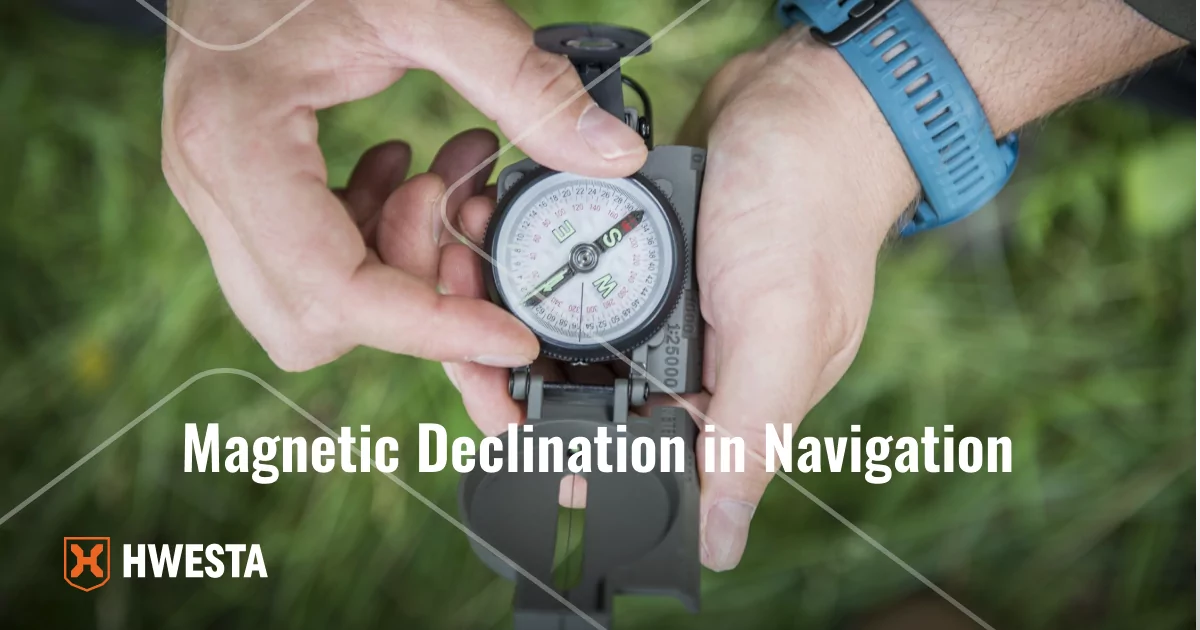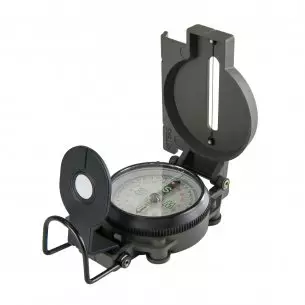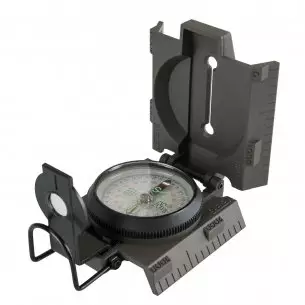- News
- 1 likes
- 14278 views
- 0 comments

Magnetic declination, also known as compass variation, plays a vital role in the world of navigation. It represents the angular measurement of the difference between the direction indicated by a compass (magnetic north) and the true north direction as depicted on a globe or map (geographic north). This disparity is a result of the Earth's complex and ever-changing magnetic field.
Key Information about Magnetic Declination:
1. Variable in Time and Space: Magnetic declination is far from a constant value. It fluctuates both over time and across Earth's surface due to the dynamic nature of the planet's magnetic field. These fluctuations are influenced by changes in the Earth's molten core and the movement of the Earth's magnetic poles.
2. Local Variations: The value of magnetic declination can significantly differ depending on your location on Earth. In certain places, a compass may align perfectly with geographic north, while in others, it may deviate considerably to the east or west.

3. Expressing Magnetic Declination: Magnetic declination is expressed in degrees and minutes. For instance, a declination of -10° means that magnetic north deviates 10 degrees westward from geographic north.
4. Correcting for Declination: To use a compass accurately on a map, you must adjust its readings to account for the current magnetic declination at your location. This adjustment entails knowing how many degrees east or west you need to add or subtract from the compass reading to obtain the true direction on the map.
5. Impact on Navigation: Neglecting to consider magnetic declination in navigation can lead to errors in determining directions, which can have significant consequences, especially in remote or challenging terrains.
6. Access to Declination Data: Up-to-date information regarding magnetic declination is available from various sources, including geophysical agencies and navigation organizations. This information is regularly updated and is crucial for pilots, mariners, surveyors, and anyone relying on a compass for navigation.
In summary, magnetic declination is a critical aspect of navigation when using a compass. It must be taken into account to obtain accurate direction readings on a map. The difference between magnetic north and geographic north arises from the intricate nature of the Earth's magnetic field and its changes over time and space. Understanding and correcting for magnetic declination are essential skills for precise and reliable navigation.


















Comments (0)